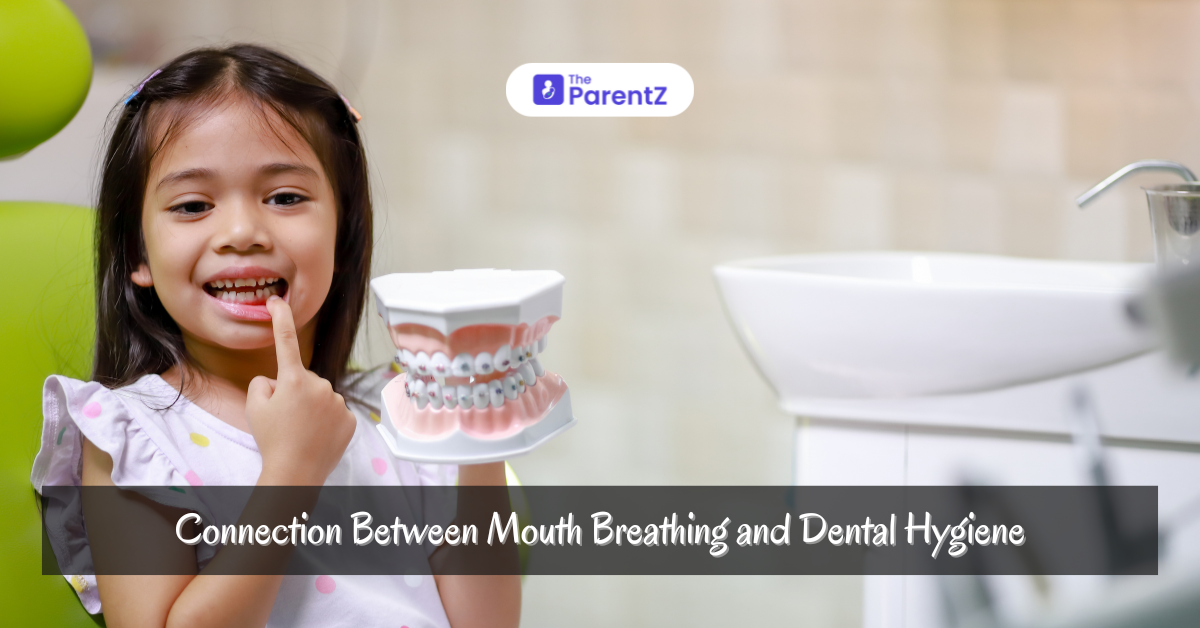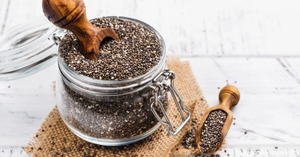Introduction: Mouth Breathing and Dental Hygiene: How Are They Connected?
Maintaining proper dental hygiene is crucial for overall oral health, but many people overlook how habits like mouth breathing can influence it. Mouth breathing, a common yet often unnoticed condition, can significantly affect the cleanliness and health of your teeth and gums. This article explores what mouth breathing is, the relationship between mouth breathing and dental hygiene, and the factors responsible for both.
What is Mouth Breathing?
Mouth breathing occurs when a person breathes through their mouth instead of their nose, often due to obstructions in the nasal passages or habits formed from chronic congestion or allergies. While it might seem like a harmless behavior, habitual mouth breathing can have negative effects on oral health, particularly dental hygiene.
The Connection Between Mouth Breathing and Dental Hygiene
Mouth breathing can disrupt the natural balance of saliva, which plays a crucial role in maintaining oral hygiene. Saliva acts as a natural cleanser, washing away food particles and neutralizing acids produced by bacteria. When breathing through the mouth, it dries out the oral cavity, leading to reduced saliva production. This can result in an increased accumulation of plaque and bacteria, raising the risk of cavities, gum disease, and bad breath.
Additionally, mouth breathing alters the pH levels in the mouth, making it more acidic and encouraging bacterial growth. The constant dryness can also lead to inflammation of the gums, contributing to gingivitis and more serious periodontal conditions over time.
Factors Responsible for Mouth Breathing and Poor Dental Hygiene
- Allergies & Nasal Blockage: Chronic nasal congestion caused by allergies or sinus issues often forces individuals to breathe through their mouths.
- Deviated Septum: Structural issues in the nasal passages can lead to habitual mouth breathing.
- Dry Mouth: Mouth breathing exacerbates dry mouth, which creates an environment for harmful bacteria to thrive.
- Poor Oral Habits: Inadequate brushing and flossing habits can worsen the effects of mouth breathing, leading to more severe dental issues.
- Diet & Lifestyle: High sugar consumption and acidic foods weaken tooth enamel, especially when saliva levels are reduced due to mouth breathing.
- Oral Posture: Poor tongue and mouth posture, often associated with mouth breathing, can lead to dental misalignments and gum issues.
Conclusion
Mouth breathing and dental hygiene are closely connected, as mouth breathing can compromise the mouth’s natural defense system, leading to more significant oral health problems. Addressing mouth breathing early—by treating the underlying causes and maintaining proper oral hygiene—can help mitigate its negative effects. If you or someone you know is experiencing symptoms of mouth breathing, it is crucial to consult a healthcare professional for appropriate interventions and to ensure a healthier mouth.








Be the first one to comment on this story.